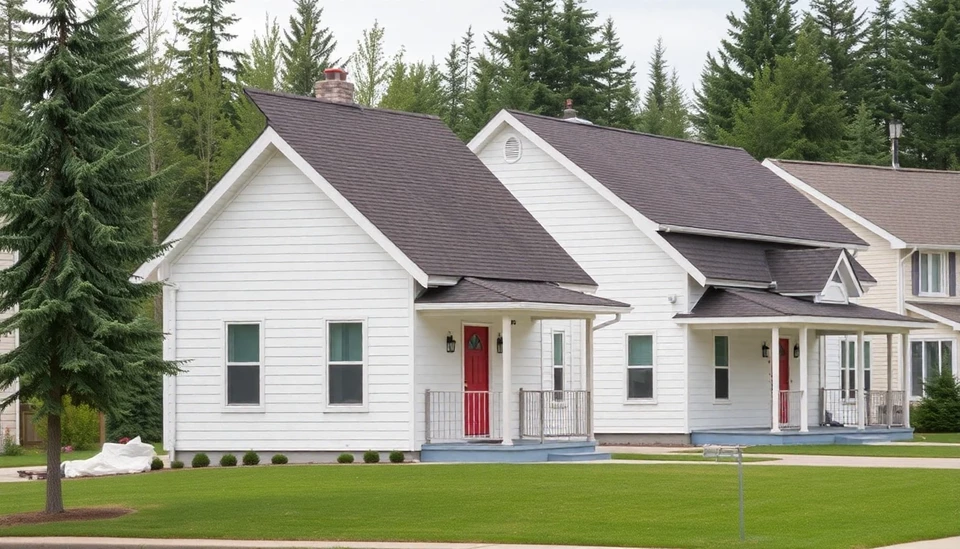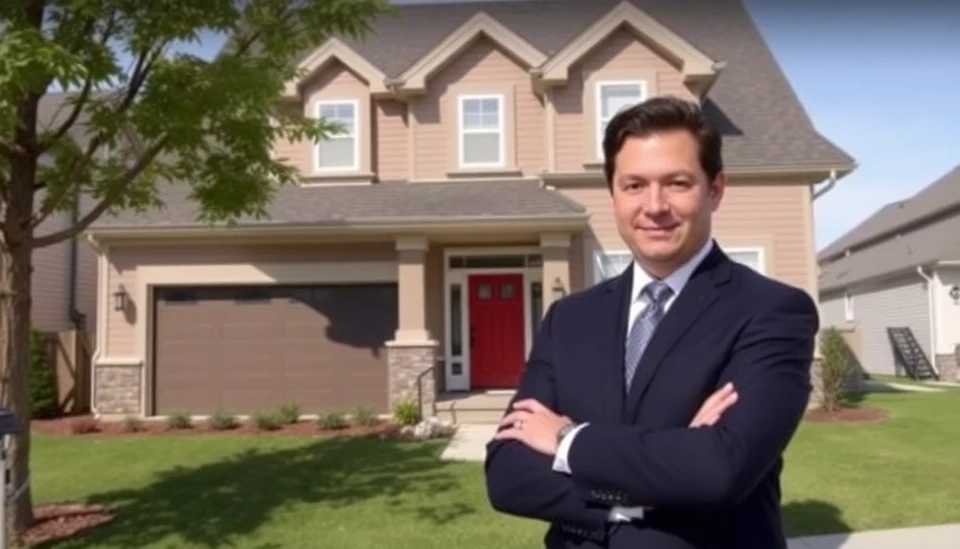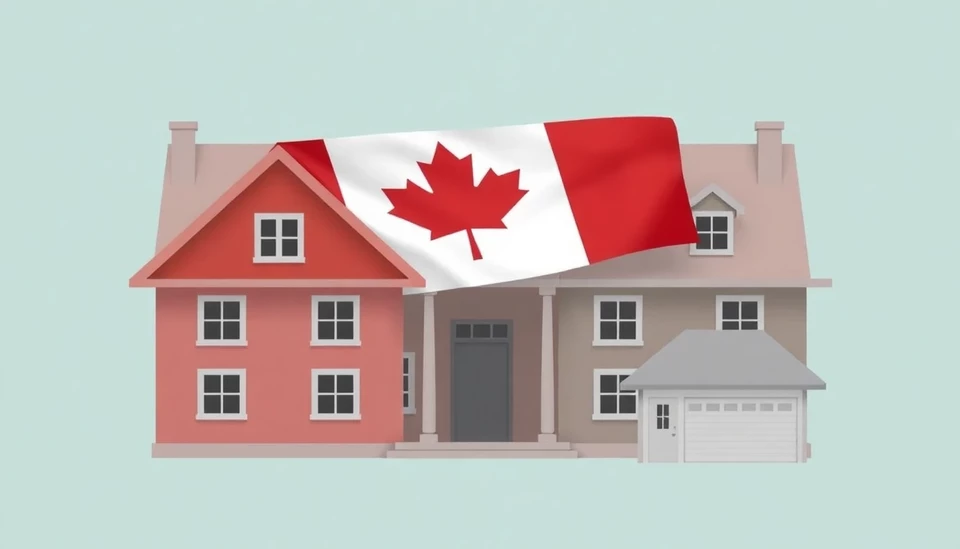
Recent reports indicate that Canada is experiencing a significant slowdown in home construction, presenting a formidable challenge to Prime Minister Justin Trudeau’s ambitious housing objectives. The country’s homebuilding industry has witnessed a sharp decline in new construction projects, primarily attributed to rising costs and increasing interest rates that continue to dampen the housing market.
The consequences of this deceleration in construction are numerous. Trudeau’s government has pledged to tackle the housing crisis and aimed to build 1.8 million new homes by 2026 as part of its strategy to enhance housing accessibility across Canada. However, industry experts are expressing doubts about the feasibility of this target under the current economic conditions.
According to the Canada Mortgage and Housing Corporation (CMHC), housing starts fell by an alarming 34% in 2023 compared to the previous year. This decline marks a stark departure from the government’s expectations and signifies that the housing supply chain is struggling to keep pace with the growing demand for affordable housing.
Economic analysts point to various factors contributing to this slowdown. Over the last year, many prospective buyers have been sidelined due to higher mortgage rates and inflated construction costs, which have escalated dramatically due to supply chain disruptions. Consequently, builders are becoming increasingly cautious, leading to a steep decrease in permit applications and new projects.
Moreover, many Canadian cities are feeling the repercussions of this downturn. Areas that previously saw rapid growth and development are now grappling with a substantial backlog of planned developments that remain stagnant. Local governments are being urged to find solutions to encourage construction initiation by easing bureaucratic hurdles and streamlining zoning regulations, which are seen as impediments to both new and existing projects.
The situation presents a critical dilemma for the Trudeau administration, which relies heavily on the perception of delivering solutions to the housing crisis amidst rising costs of living. The government has made initial investment pledges aimed at alleviating the housing shortage. However, the growing sentiment within the industry, stating that the government’s plans may fall short due to the existing economic environment, is raising alarm bells among policymakers.
Addressing the housing supply issue remains an urgent priority for the Canadian government, which is facing increasing pressure from constituents grappling with affordability challenges. The implications of further delays in home construction are likely to exacerbate housing shortages across major Canadian urban centers.
As Canada navigates its way through this complex housing landscape, thought leaders, city planners, and stakeholders within the housing sector emphasize the need for collaborative strategies and innovative policies to overcome the current challenges. Whether the Trudeau administration can pivot effectively and meet its housing targets in light of these new economic realities remains to be seen.
In this ever-evolving scenario, it is critical for all involved to maintain a dialogue aimed at finding solutions that will foster an environment for growth and development necessary to meet the pressing housing demands across the country.
#CanadaHousing #Trudeau #HomeBuilding #RealEstate #ConstructionSlowdown #HousingCrisis #Economy #CanadaPlanners
Author: Daniel Foster



